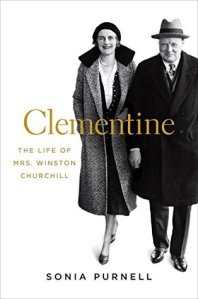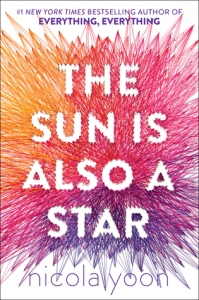Looking back over 2017, I can’t say I’ve accomplished all my goals, but I did  meet and go beyond my goals for reading. Okay, I manage to accomplish that goal every year–through college, having babies, homeschooling, working on my masters, etc. No matter what my year may bring, I will always squeeze in some reading time.
meet and go beyond my goals for reading. Okay, I manage to accomplish that goal every year–through college, having babies, homeschooling, working on my masters, etc. No matter what my year may bring, I will always squeeze in some reading time.
So, what were my top reads of 2017? Trying to cull my favorites was challenging, but thanks to Goodreads (my memory is not so great), I have come up with my top 17 from various genres. Some of these have been mentioned in previous posts and one I plan to review later, but I didn’t want to leave them out.
 Historical fiction: The House of Riverton Kate Morton; The Alice Network by Kate Quinn; The Women in the Castle Jessica Shattuck; Small Island by Andrea Levy; Wiley Cash The Last Ballad
Historical fiction: The House of Riverton Kate Morton; The Alice Network by Kate Quinn; The Women in the Castle Jessica Shattuck; Small Island by Andrea Levy; Wiley Cash The Last Ballad
Suspense/mystery: The Dry by Jane Harper; The Devotion of Suspect X by Keigo Higashino; India Black by Carol K. Carr; Midnight at the Bright Lights Bookstore by Matthew Sullivan. All of these books were suspenseful, entertaining, and not what I was expecting. (I know; maybe if I read the blurbs? But sometimes they are so full of spoilers.) I picked up Midnight at the Bright Ideas Bookstore because a book group I’m in was going to read it and because, well, a great cover. If I knew it would start with a suicide in a bookstore, and something terrible happened to the main character as a child, I probably wouldn’t have started it. But, once I did, (except for the night I knew the bad thing was about to happen, so I closed it until morning), I could hardly put it down. Great story. 
Historical Romance: The Painter’s Daughter Julie Klassen
Christian Living: Crossing the Waters by Leslie Leyland Fields
History/Biographical: Clementine: The Life of Mrs. Winston Churchill by Sonia Purnell; Destiny of the Republic: A Tale of Madness, Medicine, and the Murder of a President by Candice Millard (assassination of James Garfield); Ice Ghosts: The Epic Hunt for the Lost Franklin Expedition by Paul Watson. 
Literary Fiction: Bel Canto by Ann Patchett. I’ve heard for several years about what a great book this one is, but a book about some terrorists taking over a party of VIP guests in a South American country? Just didn’t sound appealing, but Ann Patchett is such a great writer, I finally had to try it. It took me a few chapters to get into it, but once I did, I was engrossed.
Young Adult: The Sun is Also a Star by Nicola Yoon. I listened to this one, and the narration is superb. 
Best Series: Shetland Island by Ann Cleeves (Read the first six; also belongs under Mysteries)
What about you? What were your favorites this year? What books are you looking forward to in 2018?





